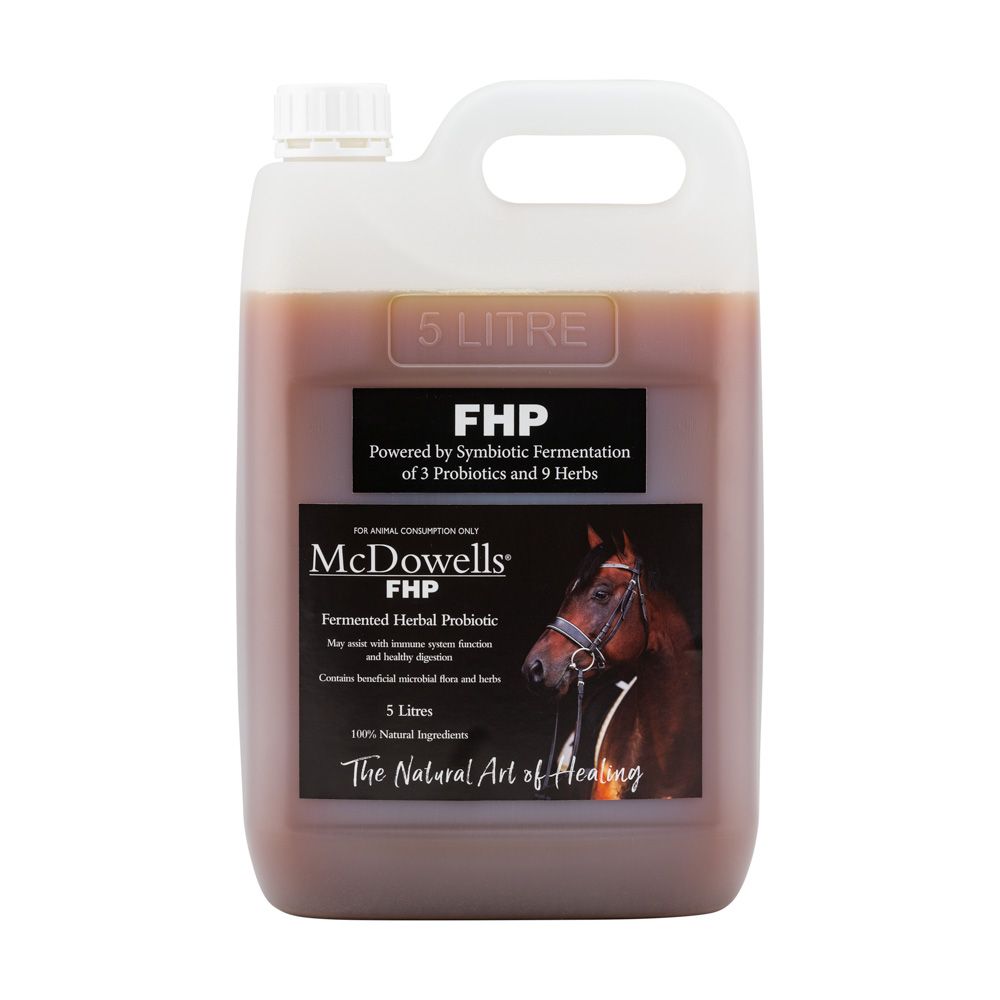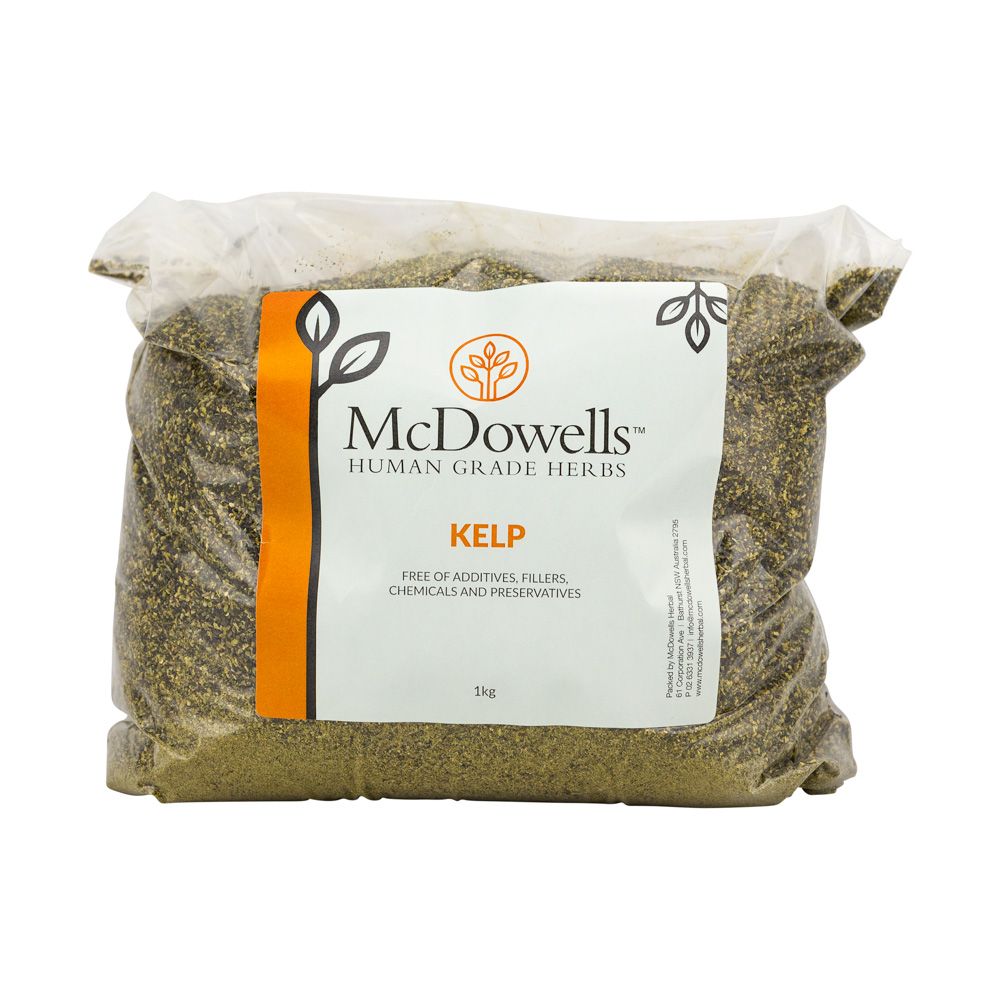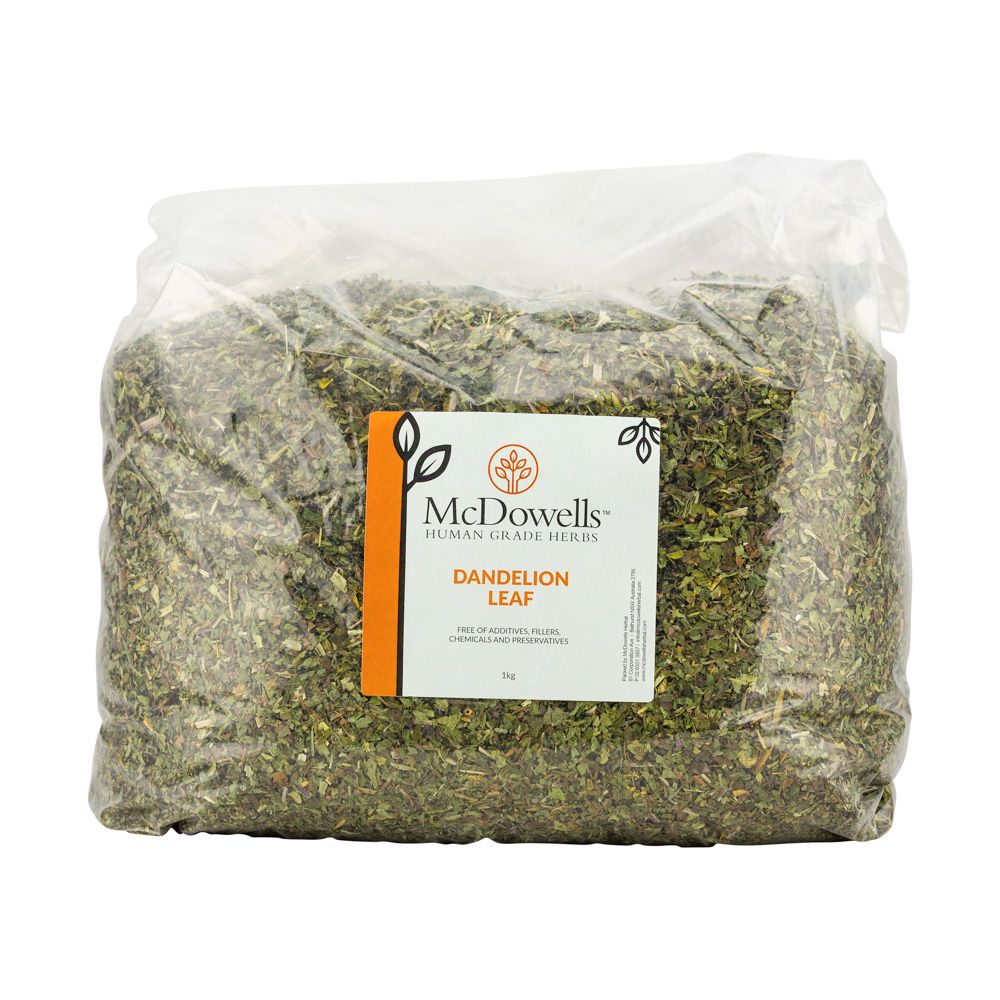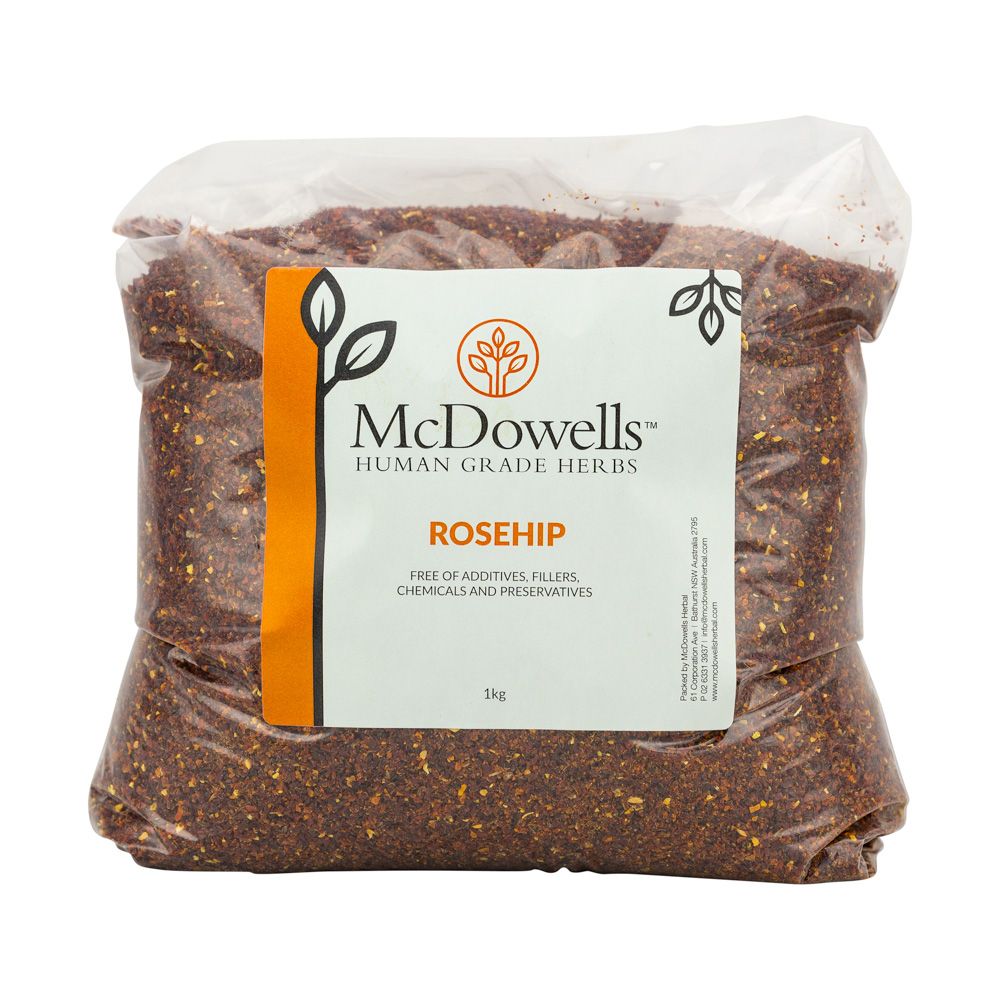As a matter of fact, horses will eat meat, and a number of things that we think they shouldn't be eating. This is mostly due to a lack of needed minerals in their diet, or in some cases it can be a habit formed out of boredom.
One of my mares was a prolific dirt clod eater, that was until I introduced a mineral lick into her diet. Horses need to have a salt/mineral lick available to them as in the wild, salt licks occur naturally and the horses will consume as much as they need, which will vary day to day.
A salt lick is a more natural approach for the horses digestion and constitution rather than being force fed man-made mineral substitutes.
Just to reiterate from one of the articles; I can't emphasize enough the value of basic nutrition found in a variety of simple foods.
Vitamin A: Is found in carrots and leafy green vegetables and is therefore much better supplied in feed, rather than in processed supplements.
Vitamin B: Is found in all grains and the idea of giving Vitamin B supplements to animals which have grain in their diet is complete nonsense. Vitamin B12 is a little harder to get and is best found in the herb elecampane which can be offered OCCASIONALLY AND IN SMALL QUANTITES and in these doses is a valuable supplement.
Bioflavinoids: Can be supplied with a little buckwheat to provide for rutin especially for healthy blood vessels.
Vitamin C: Is found in fresh greens in abundance and it is a poor horse which has no access to green pick. If a horse is kept away from greens for a time half a cup of of whole dried rosehips in boiling water and allowed to cool will provide all Vitamin C and Iron that is missing.
Choline: Is found in bitter vegetables and the leaves of dandelions and a few fresh leaves can be offered a stabled horse from time to time. Otherwise let a few dandelions grow around the yard and the horse will chose them for itself.
Vitamin D: Is synthesized by the action of sunlight on skin and found in fish oils. Not needed as a supplement for grazing animals.
Vitamin E: Is found in fresh wheat germ along with the whole range of Vitamin B's and is the commercial source of both E's and B's. A little fresh wheat germ for those horses not on grains is all that is required. Anything more expensive or more processed is nonsense.
Calcium: Is found in leafy greens and in molasses (along with sulfur)
Iron: Is found in wheat germ, in green feed and in molasses.
Silica: Is found in dried feed (hay) in abundance. Trace Elements: Are all found in Kelp.
It all boils down to some grains, fresh green feed, wheatgerm, molasses, carrots and kelp. To this I would add Garlic as a protection against infection and access to the odd weed like dandelion and elecampane.





